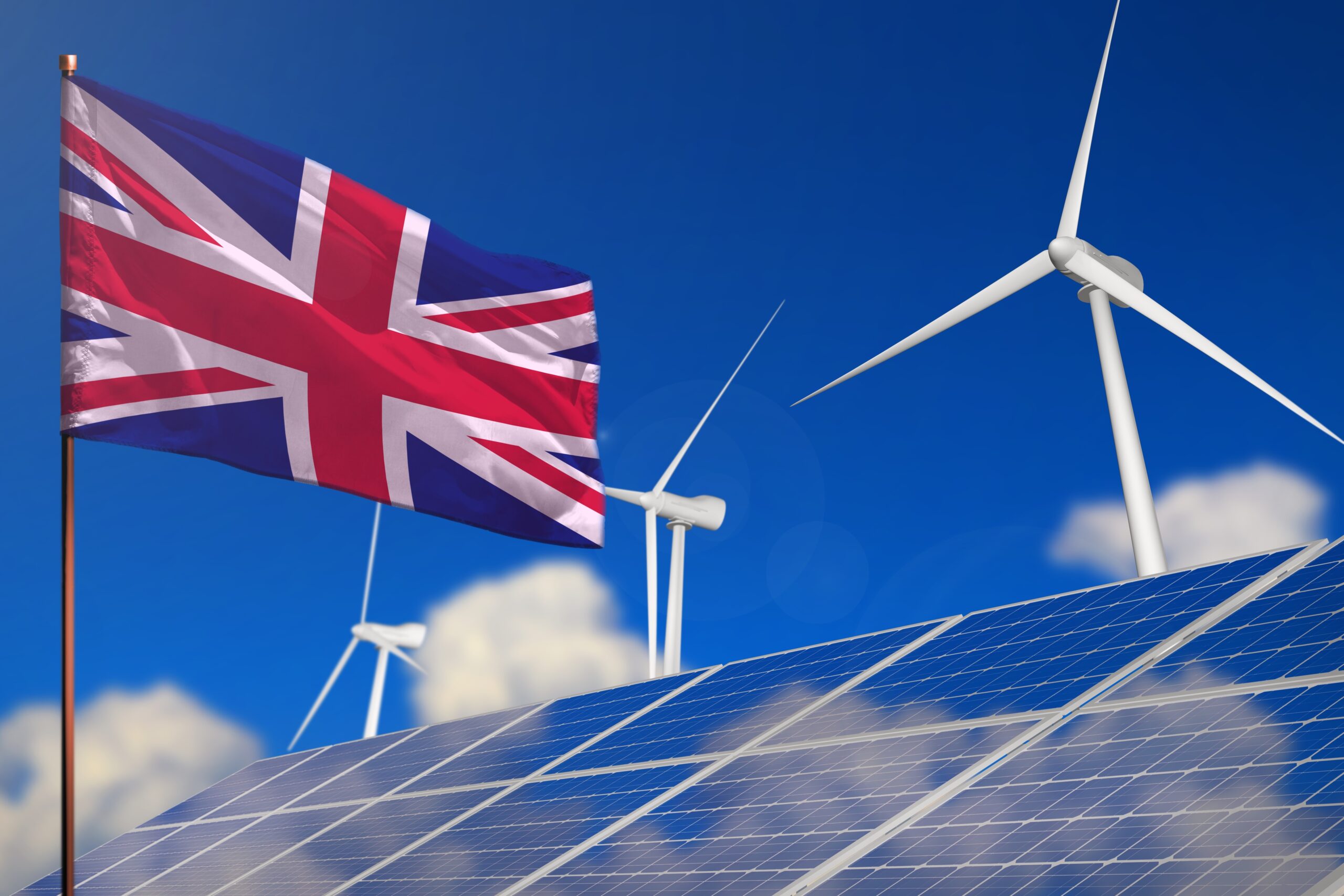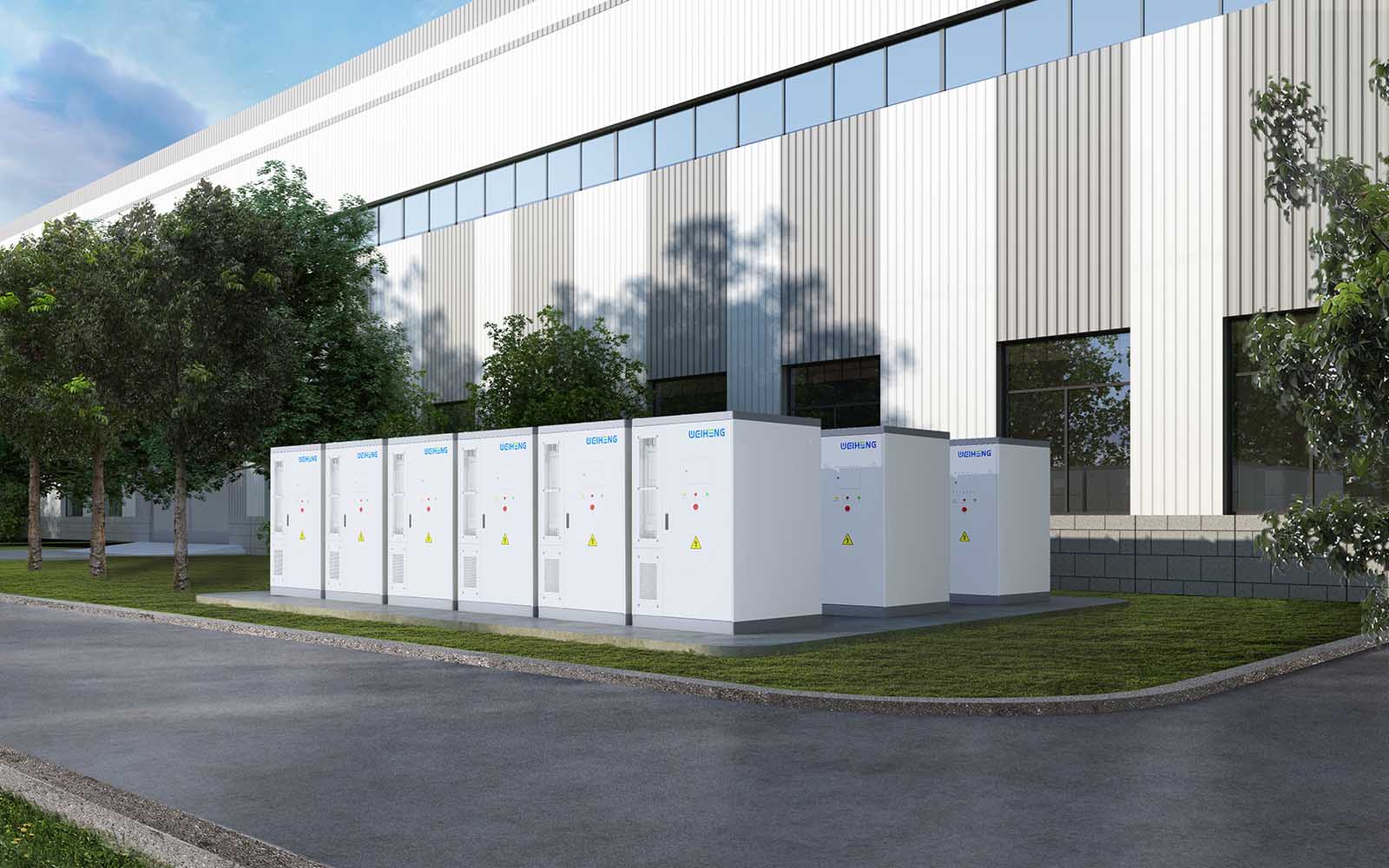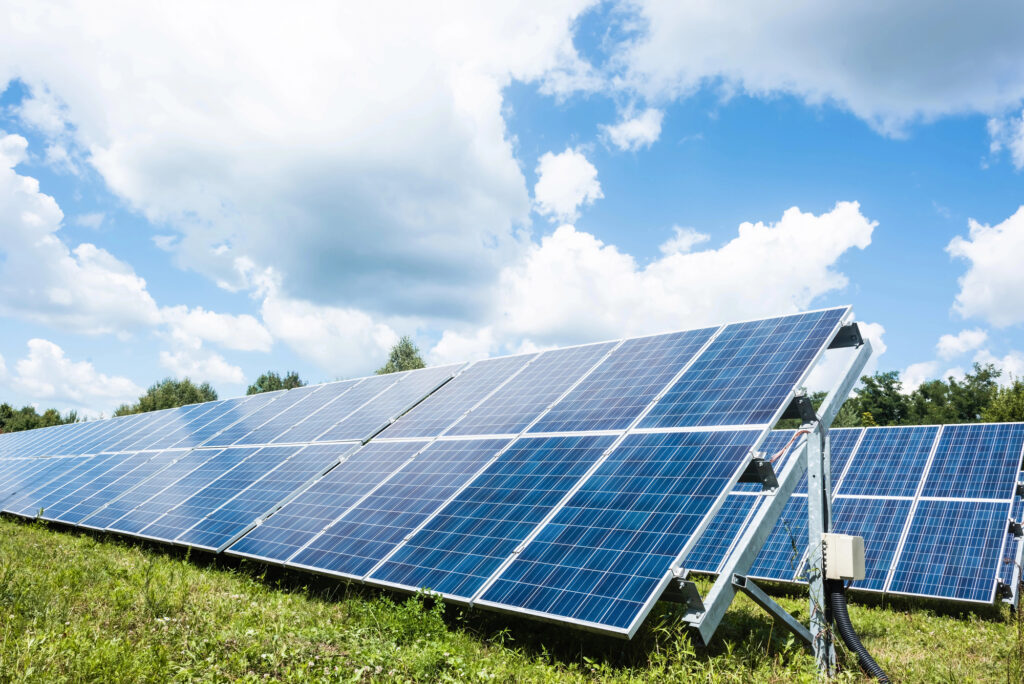
Environmental consciousness is rising, and economic benefits drive the UK’s adoption of environmentally friendly solar power systems. However, urban and rural environments can have somewhat different deployments of eco solar technologies.
For the best possible implementation, homeowners, companies, and legislators must consider the opportunities and problems that each location offers. Here we examine important factors and best practices for putting eco solar systems into place in rural and urban areas.
Urban Settings: Maximising Efficiency in Limited Spaces
Space is frequently the main obstacle to incorporating eco solar systems in crowded UK cities. All the same, a range of creative approaches can help companies and city residents efficiently use solar energy.
One innovative method is to use building-integrated photovoltaics (BIPV). This technology seamlessly integrates solar cells into building materials such as roofing tiles, shade structures, and glass facades. BIPV generates clean energy while preserving the urban environment and improving building aesthetics.
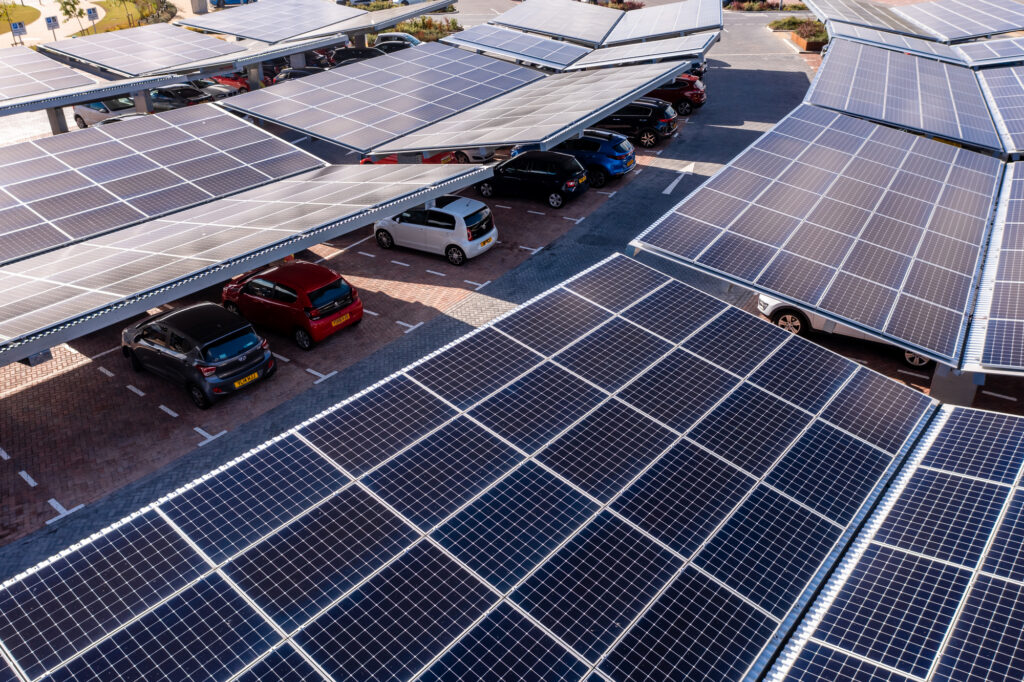
Community solar programmes offer a workable substitute for urbanites who are limited by things like rental agreements or improper roof orientations. These projects allow a single, centrally situated solar array to serve several consumers. Without having to install personal systems, participants can lower their total energy expenses by purchasing or leasing a portion of the solar system and getting credits on their electricity bills commensurate with their contribution.
Urban implementers also must make use of local government incentives. Many authorities provide programmes that include incentives, tax breaks, or enticing feed-in tariffs intended to reduce the cost and increase the appeal of solar installations. By taking advantage of these financial incentives, urban places can overcome space constraints and make a significant contribution to sustainability initiatives.
Rural Settings: Harnessing the Potential of Vast Spaces
Large-scale solar arrays are made possible by the typically spacious landscapes found in rural areas of the United Kingdom. In addition to optimising energy output, this has major economic advantages, especially for landowners and agricultural enterprises.
Especially helpful in these conditions are ground-mounted solar systems. Unlike roof-mounted options, ground systems may be deployed at the best angle and orientation, greatly improving energy capture and efficiency. They can also be expanded according to the area available, enabling significant power production that can power nearby towns or add to the national grid.
Off-grid solar systems are continuously becoming realistic choices for isolated rural places. For a steady energy source, these systems can run off the national power grid and are frequently enhanced by battery storage. This is especially helpful in places where grid connections could be spotty or non-existent since it offers a steady and environmentally friendly energy supply that can significantly raise the standard of living.
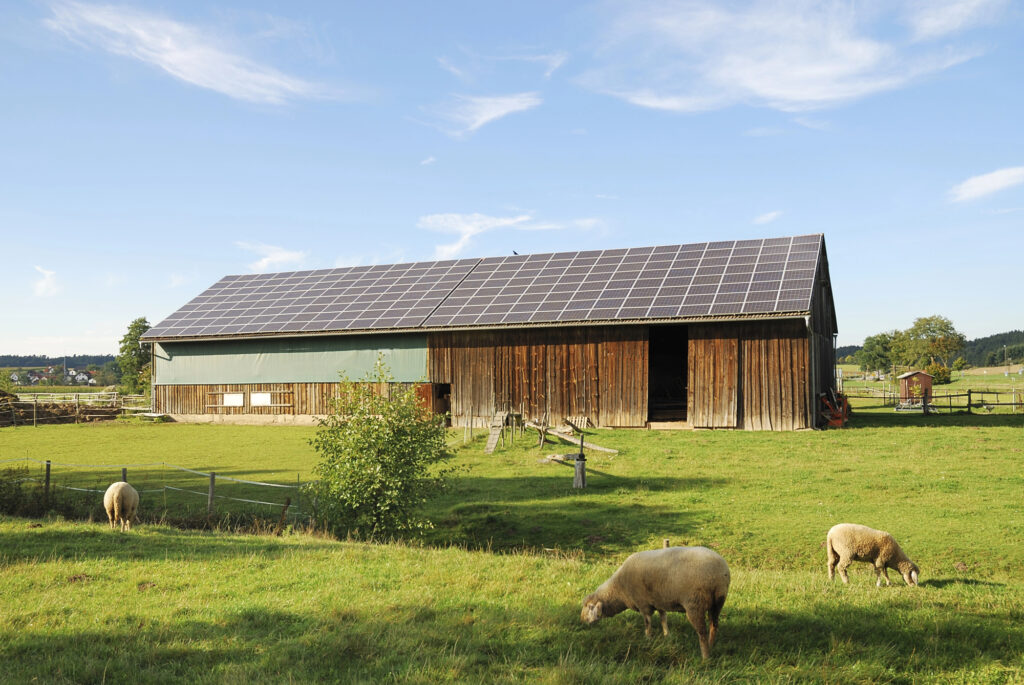
In addition, solar energy has the potential to revolutionise farming methods. Technology such as solar-powered irrigation systems can help to control water consumption more effectively and reduce dependence on conventional energy sources, promoting sustainable farming methods.
The UK’s move to a more sustainable and energy-independent future can be greatly aided by rural areas seizing these eco solar prospects.
Common Considerations
Despite the obvious distinctions between urban and rural areas, the effective installation of eco solar systems in all situations depends on several general factors.
First and foremost, it is imperative to do a thorough evaluation of your energy demands. This stage is to make sure the chosen solar system is the right size by ascertaining the particular energy needs and consumption of a property or community. The system will not be able to meet energy needs if it is too small; if it is too big, it will cost needless money. Planning an effective and reasonably priced system is made easier with an accurate assessment.
Moreover, one must be aware of and follow local legal requirements. Especially in conservation zones or listed buildings, all solar installations in the UK are subject to local planning permissions and national building rules. Understanding these laws well is essential to avoiding legal issues and enabling easier application.
And lastly, it is impossible to overstate the value of ongoing maintenance and expert installation. Hiring licensed experts guarantees the correct installation of solar systems, increasing energy output and system life. Additionally essential to minimising long-term damage and preserving system performance are routine maintenance inspections, which assist in spotting and fixing problems early.
Through careful attention to these factors, interested parties can optimise the advantages of eco solar systems, guaranteeing dependable, efficient, and sustainable energy solutions that blend in well with the varied landscapes of the United Kingdom.
Taking up eco solar solutions provides a long-term way to increase energy independence and encourage environmental responsibility throughout the United Kingdom. Effective execution depends on an awareness of the opportunities and difficulties found in both urban and rural environments. Stakeholders can fully utilize the promise of solar technology by tailoring strategies to specific situations and following best practices. Adopting eco solar not only helps the battle against climate change but also promotes the resilience of communities and financial savings, therefore opening the door to a greener future.


